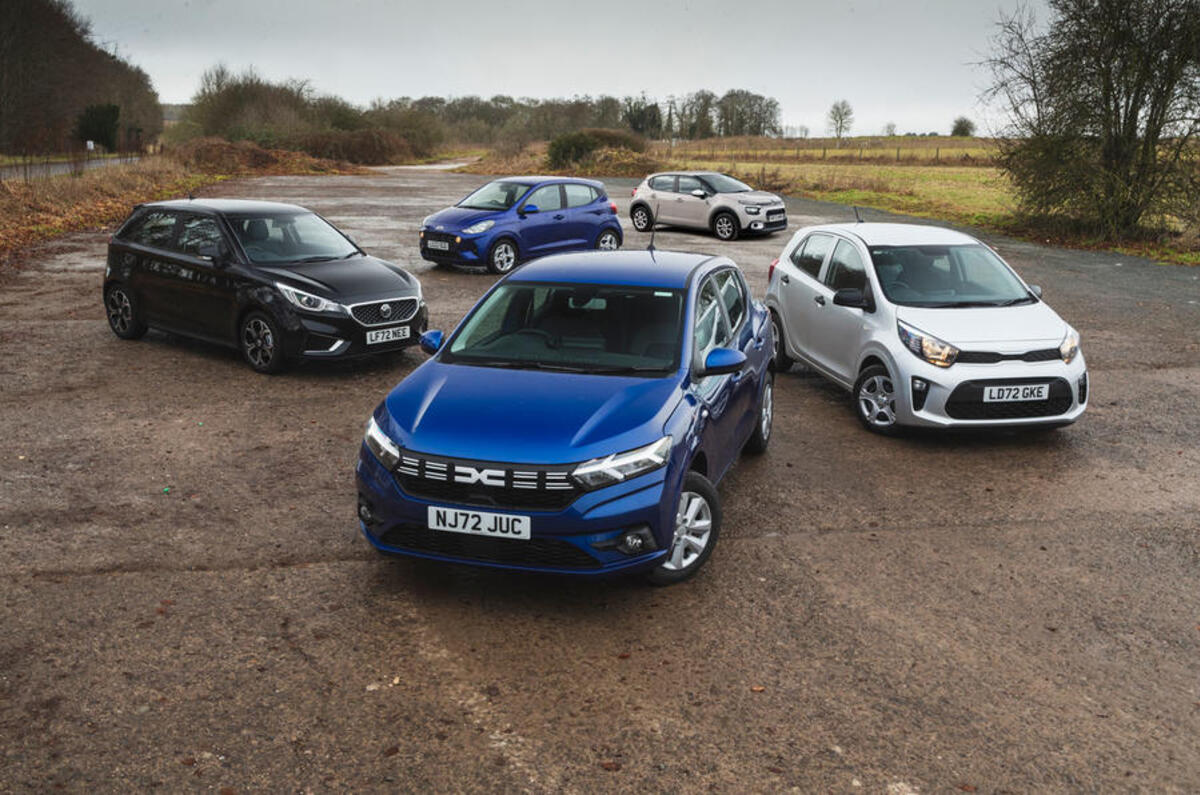Renault’s boss has decried automotive regulations in Europe as “objectively favouring premium models” and called on authorities to help redress the balance by promoting the development of affordable cars again.
“Cars are required to be more sophisticated, more fuel-efficient and less costly all at the same time,” a clearly exasperated Luca de Meo wrote in a wide-ranging letter addressed to Europe. “This has already had an effect that is totally counterproductive: passenger cars are now 60% heavier on average.”




Add your comment